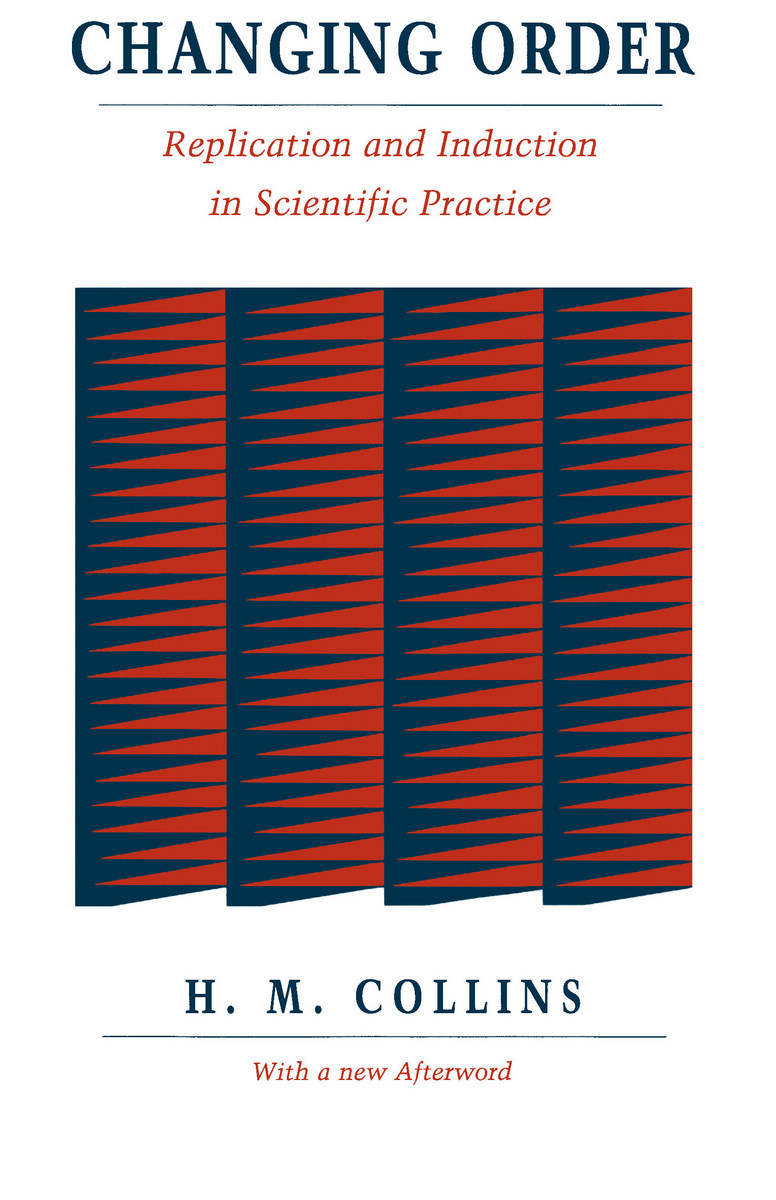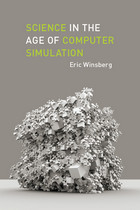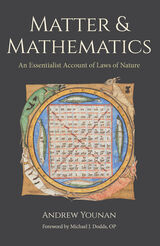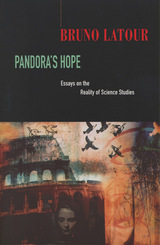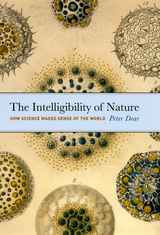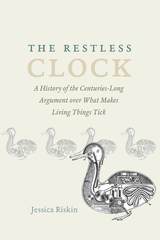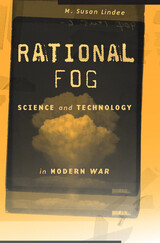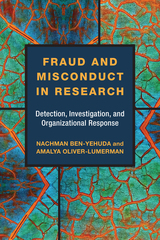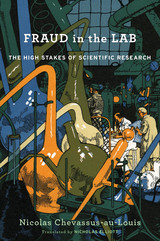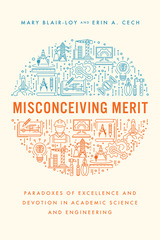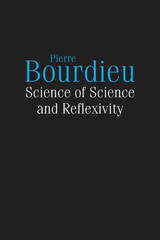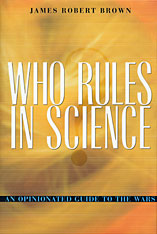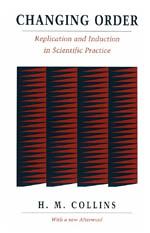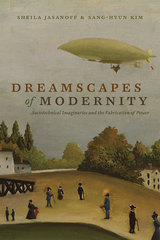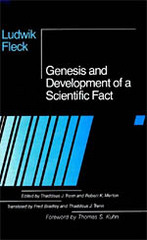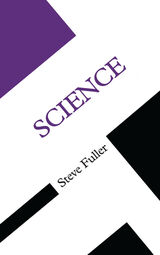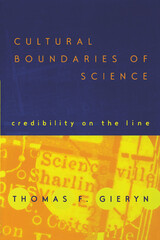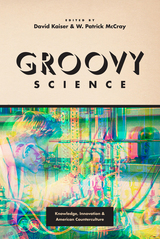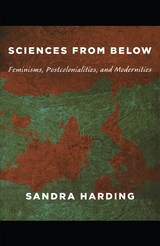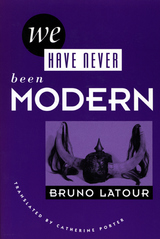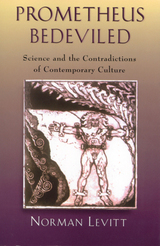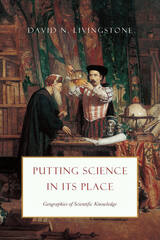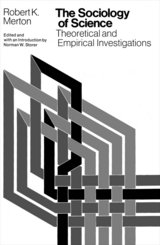Changing Order: Replication and Induction in Scientific Practice
University of Chicago Press, 1992
Paper: 978-0-226-11376-0
Library of Congress Classification Q175.5.C65 1992
Dewey Decimal Classification 303.483
Paper: 978-0-226-11376-0
Library of Congress Classification Q175.5.C65 1992
Dewey Decimal Classification 303.483
ABOUT THIS BOOK | TOC | REQUEST ACCESSIBLE FILE
ABOUT THIS BOOK
This fascinating study in the sociology of science explores the way scientists conduct, and draw conclusions from, their experiments. The book is organized around three case studies: replication of the TEA-laser, detecting gravitational rotation, and some experiments in the paranormal.
"In his superb book, Collins shows why the quest for certainty is disappointed. He shows that standards of replication are, of course, social, and that there is consequently no outside standard, no Archimedean point beyond society from which we can lever the intellects of our fellows."—Donald M. McCloskey, Journal of Economic Psychology
"Collins is one of the genuine innovators of the sociology of scientific knowledge. . . . Changing Order is a rich and entertaining book."—Isis
"The book gives a vivid sense of the contingent nature of research and is generally a good read."—Augustine Brannigan, Nature
"This provocative book is a review of [Collins's] work, and an attempt to explain how scientists fit experimental results into pictures of the world. . . . A promising start for new explorations of our image of science, too often presented as infallibly authoritative."—Jon Turney, New Scientist
"In his superb book, Collins shows why the quest for certainty is disappointed. He shows that standards of replication are, of course, social, and that there is consequently no outside standard, no Archimedean point beyond society from which we can lever the intellects of our fellows."—Donald M. McCloskey, Journal of Economic Psychology
"Collins is one of the genuine innovators of the sociology of scientific knowledge. . . . Changing Order is a rich and entertaining book."—Isis
"The book gives a vivid sense of the contingent nature of research and is generally a good read."—Augustine Brannigan, Nature
"This provocative book is a review of [Collins's] work, and an attempt to explain how scientists fit experimental results into pictures of the world. . . . A promising start for new explorations of our image of science, too often presented as infallibly authoritative."—Jon Turney, New Scientist
See other books on: Collins, Harry | Induction | Replication | Scientific Practice | Social aspects
See other titles from University of Chicago Press
